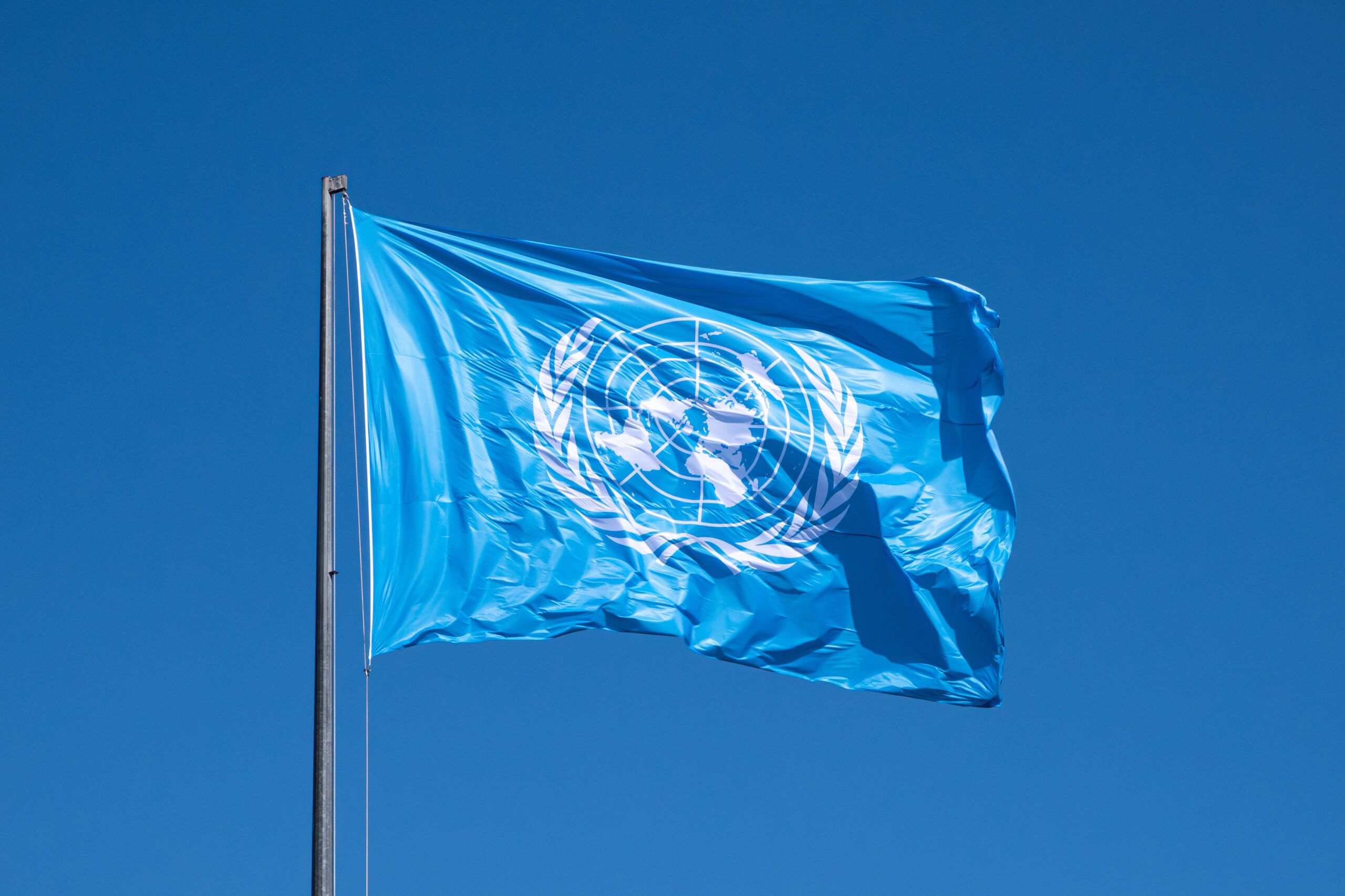
Array
(
[thumbnail] => https://s42831.pcdn.co/wp-content/uploads/2024/05/AdobeStock_614884673_Editorial_Use_Only-150x150.jpeg.optimal.jpeg
[thumbnail-width] => 150
[thumbnail-height] => 150
[medium] => https://s42831.pcdn.co/wp-content/uploads/2024/05/AdobeStock_614884673_Editorial_Use_Only-300x200.jpeg.optimal.jpeg
[medium-width] => 300
[medium-height] => 200
[medium_large] => https://s42831.pcdn.co/wp-content/uploads/2024/05/AdobeStock_614884673_Editorial_Use_Only-768x512.jpeg.optimal.jpeg
[medium_large-width] => 768
[medium_large-height] => 512
[large] => https://s42831.pcdn.co/wp-content/uploads/2024/05/AdobeStock_614884673_Editorial_Use_Only-1024x683.jpeg.optimal.jpeg
[large-width] => 1024
[large-height] => 683
[1536x1536] => https://s42831.pcdn.co/wp-content/uploads/2024/05/AdobeStock_614884673_Editorial_Use_Only-1536x1024.jpeg.optimal.jpeg
[1536x1536-width] => 1536
[1536x1536-height] => 1024
[2048x2048] => https://s42831.pcdn.co/wp-content/uploads/2024/05/AdobeStock_614884673_Editorial_Use_Only-2048x1365.jpeg.optimal.jpeg
[2048x2048-width] => 2048
[2048x2048-height] => 1365
[gform-image-choice-sm] => https://s42831.pcdn.co/wp-content/uploads/2024/05/AdobeStock_614884673_Editorial_Use_Only-scaled.jpeg.optimal.jpeg
[gform-image-choice-sm-width] => 300
[gform-image-choice-sm-height] => 200
[gform-image-choice-md] => https://s42831.pcdn.co/wp-content/uploads/2024/05/AdobeStock_614884673_Editorial_Use_Only-scaled.jpeg.optimal.jpeg
[gform-image-choice-md-width] => 400
[gform-image-choice-md-height] => 267
[gform-image-choice-lg] => https://s42831.pcdn.co/wp-content/uploads/2024/05/AdobeStock_614884673_Editorial_Use_Only-scaled.jpeg.optimal.jpeg
[gform-image-choice-lg-width] => 600
[gform-image-choice-lg-height] => 400
)
Gaza: Assessing Options for the UN’s Role for the Day After
Various proposals have recently been floated for United Nations (UN) involvement in Gaza and the West Bank, including the Arab League’s call on May 16 for the deployment of UN peacekeepers in the occupied Palestinian territories and the suggestion to establish a UN trusteeship for Palestine. Although it is a positive sign that the available UN tools are acknowledged and under consideration, each of these options faces significant challenges with regard to their authorization and operationalization.
When confronted with a crisis, member states often rush to push for some visible response to ameliorate the situation. While symbolic measures of support and immediate respite can be helpful, it is important to remember that the underlying causes of complex crises are invariably political in origin. For UN peace and security tools to be truly effective, they must be deployed in support of political solutions. This applies to both the peacekeeping and trusteeship options.
Peacekeeping
At the moment, the prospects for the deployment of a new peacekeeping operation in the occupied Palestinian territories are dim. It would require the consent of the parties, a crucial ingredient that is currently lacking.[1] Confidence on the part of the current government of Israel in the UN is at a nadir, and Hamas announced last week that it rejects any foreign military presence on Palestinian land. Moreover, unless the government of Israel supports the deployment of a peacekeeping operation, it is unlikely that the Security Council would be able to avoid a US veto to establish such an operation.
Another option under consideration by the Security Council is the expansion of the existing mandate of the UN Truce Supervision Organization (UNTSO), but this option would likely face similar challenges related to securing the consent of the parties within the Security Council as the establishment of a new peacekeeping operation. Without the consent of the parties, the UN will not only face challenges in maintaining its impartiality but will likely become the target of attacks, as had been the case in the UN Multidimensional Integrated Stabilization Mission in Mali (MINUSMA).
Even if a peacekeeping operation were established, expectations for what it could accomplish must be tempered. Beyond the consent of the parties, there must also be peace for the mission to keep. In 2012, the UN Supervision Mission in Syria (UNSMIS) was forced to suspend its activities less than two months after its deployment and withdrew just four months after its establishment because the level of violence by all sides did not allow the mission to implement its mandate. However, if a ceasefire agreement is reached, a peacekeeping mission can be established to help with monitoring and verification. While stopping the fighting and associated civilian harm is imperative, this should not be sought as an end in itself but as an interim measure towards a broader political agreement, or else the mission risks falling into the same trap as numerous other peacekeeping contexts in which the deployment of a mission has had the effect of freezing a conflict—and the underlying grievances—in place.
Trusteeship
Establishing a UN trust territory for Palestine has also been floated in the search for options for the day after. Beyond the fact that the institutional machinery for supporting the trusteeship system has been dormant since 1994, several significant obstacles exist to implementing a trusteeship option under Chapter XII of the UN Charter.
First, the trusteeship option has to be acceptable to the people in the territory in question. As indicated in Article 76 of the Charter, the terms of the trusteeship arrangement should align with “the freely expressed wishes of the peoples concerned.” The acceptability of the trusteeship option, however, depends on more than whether it provides a workable technical solution for the administration of Gaza and the Israeli-occupied West Bank, as the trusteeship system itself has a historical legacy that cannot be ignored. The UN trusteeship system was the successor to the mandate system under the League of Nations, which itself was established as a means of administering the former colonies of the defeated Central Powers after the First World War. Given its historical origins, the trusteeship system has a very clear association with colonialism. The associated stigma of UN trusteeship may be difficult for the people of Palestine and the Palestinian Authority to accept, especially in light of the state of Palestine having recently secured enhanced observer status in the General Assembly.
Second, Israel has to be willing to support the trusteeship option. Under Article 77.1 of the Charter, territories must be voluntarily placed under the system by states responsible for their administration. The willingness of the current Israeli government to accept a supervisory role for the UN is unlikely, particularly given its strong negative views of the existing UN Relief and Works Administration for Palestine Refugees (UNRWA). That said, there are evident divisions within the Israeli government over the post-war plan for Gaza, and a UN trusteeship would appear to avoid either Palestinian administration—opposed by Prime Minister Benjamin Netanyahu—or Israeli military or civil governance—opposed by Defense Minister Yoav Gallant and Benny Gantz.
This leads to a third challenge. The administration of each trust territory is the responsibility of a designated administering authority under Article 81 of the Charter. Each of the previous UN trust territories has been administered by a UN member state (or, in the case of Nauru, by three), each of which has been responsible for not only the governance of the territory but also the associated costs. The UN Development Programme (UNDP) recently estimated that the overall cost of post-war reconstruction in Gaza would be at least USD 40–50 billion. If the challenges of administering the territory and working with all concerned parties were not enough, the price tag would certainly give potential administering authorities some pause.
Interim administration
The Charter does, however, provide another option— the UN itself could administer a trust territory—though this has never been formally exercised. That said, UN member states have, on five occasions, established interim administration missions outside the formal trusteeship system to temporarily administer specific territories, namely in West Irian (1962–1963), Cambodia (1992–1993), Eastern Slavonia, Baranja, and Western Sirmium (1996–1998), Kosovo (1999–2008), and East Timor (1999–2002). These were established and managed as UN peace operations, and their activities were conducted under the oversight of the Security Council or, in the case of the UN Temporary Executive Authority (UNTEA) in West Irian, by the General Assembly. This option may be more plausible than a formal trusteeship, though it would still require the consent of the parties to be workable.
The two most recent cases, the UN Interim Administration Mission in Kosovo (UNMIK) and the UN Transitional Administration in East Timor (UNTAET) were conferred expansive mandates encompassing executive, legislative, and judicial authority over the territory in question. To implement these mandates, both had sizable civilian staff and police components. While UNMIK was deployed in parallel with a North Atlantic Treaty Organization (NATO)-led Kosovo Force, UNTAET included a military component with a maximum authorized strength of 9,150 and an authorization to take all necessary measures to fulfill its Chapter VII mandate. These missions were both funded through UN-assessed contributions, though UNTAET also relied on voluntary contributions to finance relief programs and elements of the transitional administration. UNTAET closed when East Timor gained its independence in 2002, after which the military and police components of UNTAET were transferred to a successor mission, the UN Mission of Support to East Timor (UNMISET), mandated to support core administrative structures, provide interim law enforcement, and contribute to the internal and external security of East Timor. Similarly, UNMIK concluded its interim administration functions and transferred much of its powers to the government of Kosovo and the European Union Rule of Law Mission in Kosovo (EULEX) after the Constitution of Kosovo came into effect in 2008.
Conclusion
Sustainable peace cannot be imposed through force. This has been acknowledged both by the Security Council, which affirmed that “lasting peace is not achieved nor sustained military and technical engagements alone, but through political solutions,” and by the General Assembly, which has stressed the “significance of a sustained and comprehensive approach… bearing in mind that terrorism will not be defeated by military force, law enforcement measures and intelligence operations alone.” That attention is being turned to what to do after the end of active combat in Gaza is a positive development, as is the consideration of the full range of options available within the UN peace and security toolkit. However, none of these tools can be effective without a credible political process.
Member states should avoid the temptation to push to establish structures such as a peace operation or a trusteeship without the necessary political foundations. Form must follow function. Stopping the fighting to allow for the return of hostages and the end to the killing of civilians in Gaza should be a priority, but a ceasefire should be a means to an end and not an end in itself. The UN can potentially play an important role in helping pave a pathway towards sustainable peace, but doing so will require the hard work of diplomacy and good offices on the part of member states and the Secretariat to establish the conditions and the incentives through which all of the key stakeholders are able to see peace as being in their best interest.
[1] The three principles of UN peacekeeping are consent of the parties, impartiality, and non-use of force except in self-defense and defense of the mandate.
Stay Connected
Subscribe to our newsletter and receive regular updates on our latest events, analysis, and resources.
"*" indicates required fields
